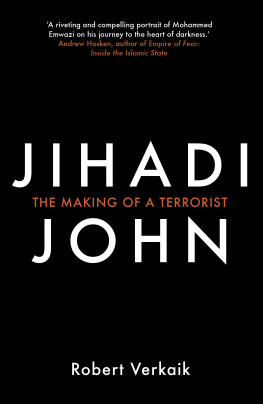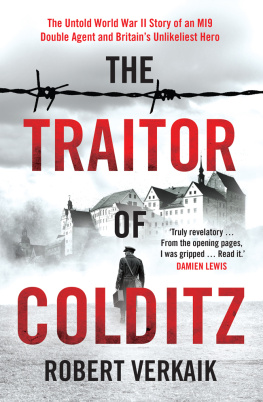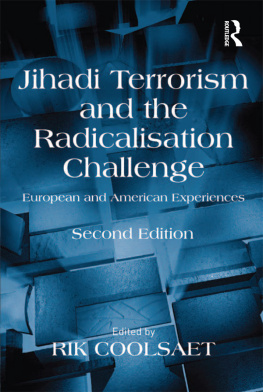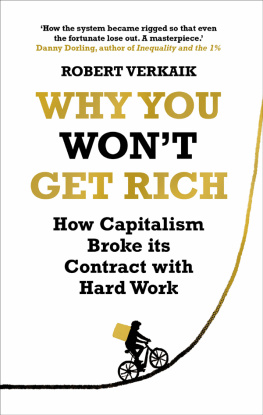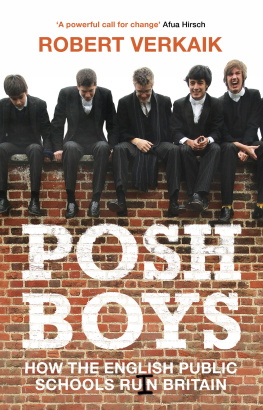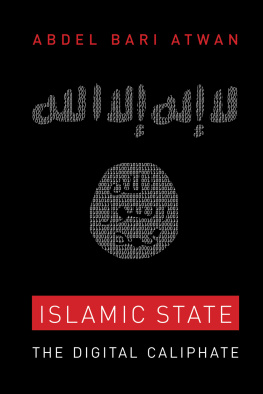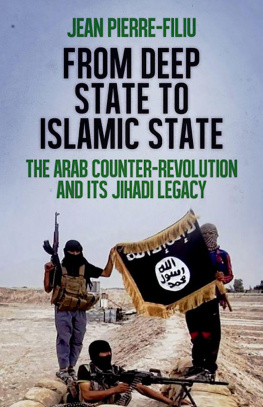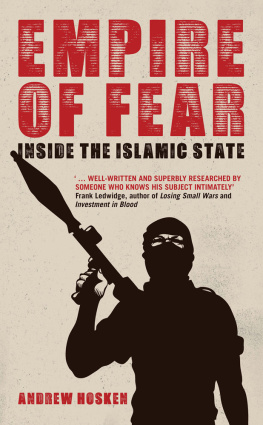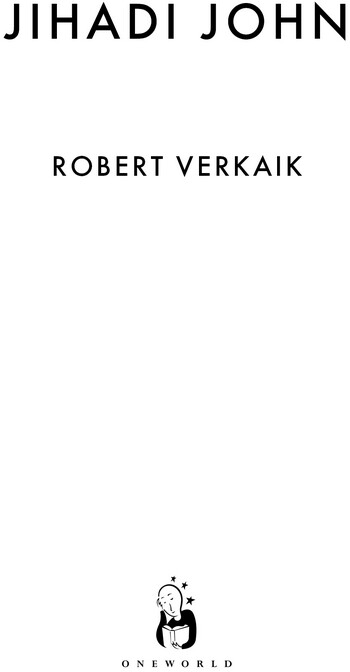
A Oneworld Book
First published in Great Britain, North America and
Australia by Oneworld Publications, 2016
This ebook published in 2016
Copyright Robert Verkaik 2016
The moral right of Robert Verkaik to be identified as the
Author of this work has been asserted by him in accordance
with the Copyright, Designs, and Patents Act 1988
All rights reserved
Copyright under Berne Convention
A CIP record for this title is available from the British Library
ISBN 978-1-78074-943-3
eISBN 978-1-78074-944-0
Typeset by Hewer Text UK Ltd, Edinburgh
Oneworld Publications
10 Bloomsbury Street
London WC1B 3SR
England

Contents
Prologue
There is a surreal moment, quite early on in the now infamous video of the execution of American journalist James Foley, when the masked killer momentarily loses his balance and stumbles sideways towards his victim. It is a single misstep which belies the horror of what is about to follow. Yet for a second or two as the two figures stare out of the screen the kneeling Foley dressed in an orange jumpsuit and his knife-wielding assassin all in black this unexpected stumble raises the hope that the footage might be staged and what we are witnessing is a cartoon killing. And then Jihadi John recovers and it is all too apparent that what we are being asked to watch is not make-believe, but an act of savagery as horrifying and disturbing as it is possible to witness.
As James Foley prepares for his fate his bottom lip wobbles involuntarily and then the killer places his right hand under the victims chin. What happens next is so merciless and lacking in humanity that with one single hack of his knife Jihadi John changes the definition of terrorism, obliterating our safe assumptions about what one human is capable of in the twenty-first century.
In early 2014 the terror group now called Islamic State (IS) began to pool its growing collection of Western journalists and aid workers, which it had abducted or purchased from other jihadists and criminal gangs in Syria. The groups leader, Abu Bakr al-Baghdadi, ordered that they should all be taken to the city of Raqqa in the north east of the country. This ancient Syrian settlement on the banks of the Euphrates had been founded by the Greeks and was once a jewel in the crown of the Byzantine Empire, but now it was the benighted capital of the Islamic States self-declared caliphate. Raqqa was to be the home, and for some the final resting place, of twenty-three prisoners from twelve countries, each of whom was to be ransomed or executed for political and financial gain. Among their number was James Foley, who had been captured close to the SyriaTurkey border while reporting on the Middle East conflict. Foley had teamed up with a British photo-journalist for a reporting assignment in Syria in 2012. In November that year they had stopped off at an internet caf in Binesh, close to the Turkish border, to file their work. As they busied themselves uploading their film and pictures a man with a long, bushy beard came into the caf and sat down at one of the computers. According to witnesses he eyed the foreigners closely, then got up and left the caf abruptly. The two journalists spent another hour sending material back to the Western news outlets for whom they worked. Then they went outside the caf to look for a taxi to take them back across the border and a well-earned rest from their intrepid reporting. As they approached the safety of Turkey a van sped up on the left side of the taxi and cut it off. Masked fighters jumped out. They shouted at the journalists to lie on the ground beside the taxi. They handcuffed them and bundled them into the van. Both men had become prisoners of a breakaway faction of an al-Qaeda-linked terror group, Jabhat al-Nusra, who later handed them over to the Islamic State.
The prisoners were incarcerated next to an oil installation near the river Euphrates. In charge were three British jihadis, later given the name the Beatles by the hostages, on account of their British accents and because of the pleasure they took in beating their prisoners.
By 2014 Foley was already a veteran, having survived a year in the hands of the jihadists. A year of captivity had left him very thin, and he sported a long, bushy beard. He had converted to Islam, taking the Islamic name of Abu Hamza. Foley had been held by Libyan militants two years earlier, while reporting on the downfall of Gaddafi. Then, his Western nationality had protected him from the vengeance of his kidnappers. Now, his American citizenship meant he was to be singled out for a special kind of brutality invented by a new brand of jihadist.
The twenty-three hostages were kept together in a block of underground rooms which they shared with their jailers. They were given the equivalent of just a teacup of food each day.
Under such conditions, the prisoners sometimes turned on one another. But James Foley, despite being on the receiving end of the most savage of the punishments, knew how important it was to maintain morale. He often shared his food with his colleagues. In the bitter cold of the Syrian winter, he even offered one prisoner his only blanket. He took charge of group entertainment, encouraging home-made board games and storytelling. The others relied on him to boost their flagging spirits.
Yet he was the one who also suffered the most. A Spanish journalist, Javier Espinosa, spent many months with Foley as a fellow prisoner of the Islamic State. The two men became close friends. Espinosa recalls his shock at seeing his friend after a long separation: His body could not hide the long months of starvation he looked older and thinner, but he retained the unbreakable spirit which characterized him.
Foley continued to make the best of his situation and clung to dreams of release. While America had stayed out of the conflict and held back its armed forces, Foley reckoned he had every reason to hope for the best. Sadly, as time went on, an increasingly belligerent American Congress sought justification to unleash its military might against a rampant Islamic State which had swept across huge swathes of north Syria and north Iraq, meaning that the longer he was held, the poorer his chances got.
On 7 August 2014 President Obama authorized American airstrikes in Iraq to rescue the stranded Yazidi minorities and protect US personnel and facilities in Irbil and Baghdad. After a short campaign amounting to a total of sixty-eight strikes from jets, bombers and drones, Obama declared that Iraqi and Kurdish forces, with US air support, had retaken a strategic dam north of Mosul and had pushed back the frontline beyond Irbil.
Within hours of that announcement, the Islamic State posted an online message warning it would attack Americans in any place in response to the airstrikes. We will drown all of you in blood, it said.
Foley and the other hostages must have sensed the tension among their captors as the Beatles took out their frustrations in beatings and torture. The cat-and-mouse negotiations between the Americans and the Islamic State were reaching their endgame. But Foley refused to give up on the hope of release. What he could not have known was that his captors had placed such an unrealistically high price on his head that freedom was no longer an option. The Islamic State negotiators had told the Foley family in an email that, if they ever wanted to see their son again, they would need to find $132 million. All the while, President Obama repeated his governments time-honoured mantra that America would not negotiate with terrorists.
Next page
